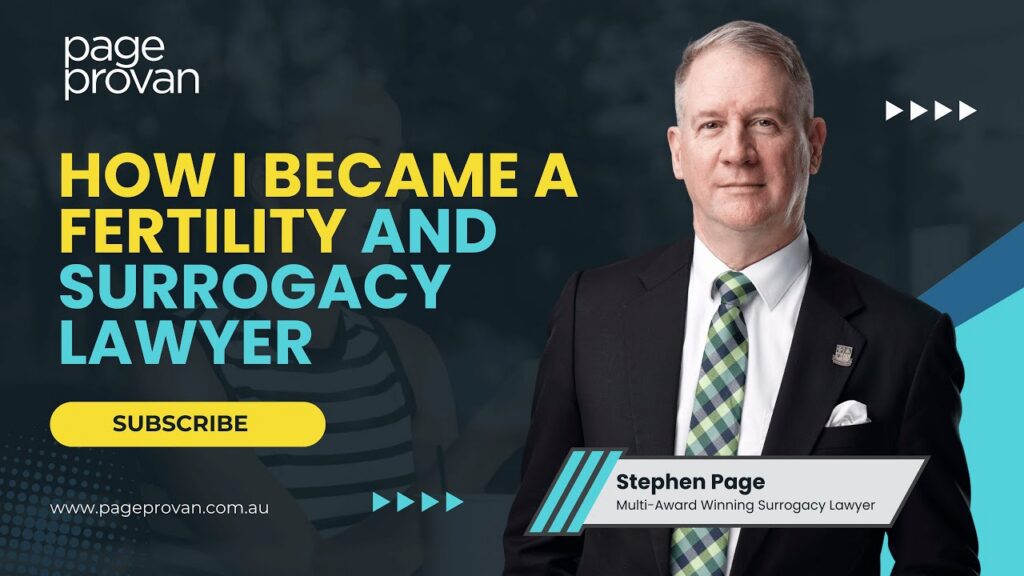Qld Surrogacy Act changes: “a miscarriage of justice”: Law Society
2010 – significant legislative inconsistencies and discrimination.
The changes include redefining ‘intended parent and couple’ to refuse access to surrogacy arrangements
for same-sex couples, single people and those who have been in a de facto relationship for less than two
years.
President Dr John de Groot said it wasn’t a case of wading into recent debate on same-sex couples’
status but ensuring legislation was fair and just and doesn’t infringe human rights.
“This means ensuring clarity in workable laws and freedom from discrimination,” Dr de Groot said.
“The proposed changes to the Surrogacy Act can put people in a catch-22 situation.
“For example, a doctor who is approached to assist a same-sex couple to access a surrogacy
arrangement may be an accessory to a criminal offence under state law if they assist, and if they refuse,
unlawfully discriminating against the same-sex couple according to federal law.
“The proposed changes allow the government to set different rules for different people and discriminate in
a way that businesses and individuals in our society may not.
“If companies or private individuals discriminate against people on the basis of their relationship status,
they are violating two state and two commonwealth laws and a range of internationally recognised human
rights.
“The current surrogacy law requires no change as it is consistent with other legislation and is nondiscriminatory












